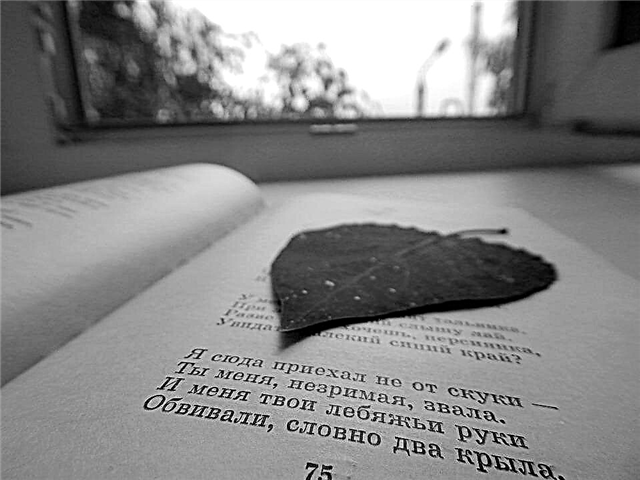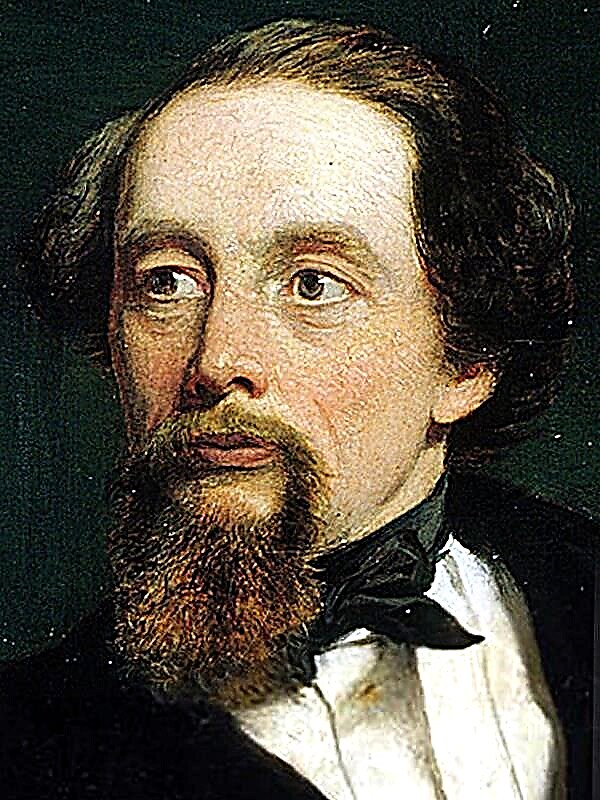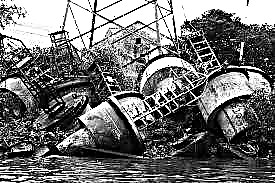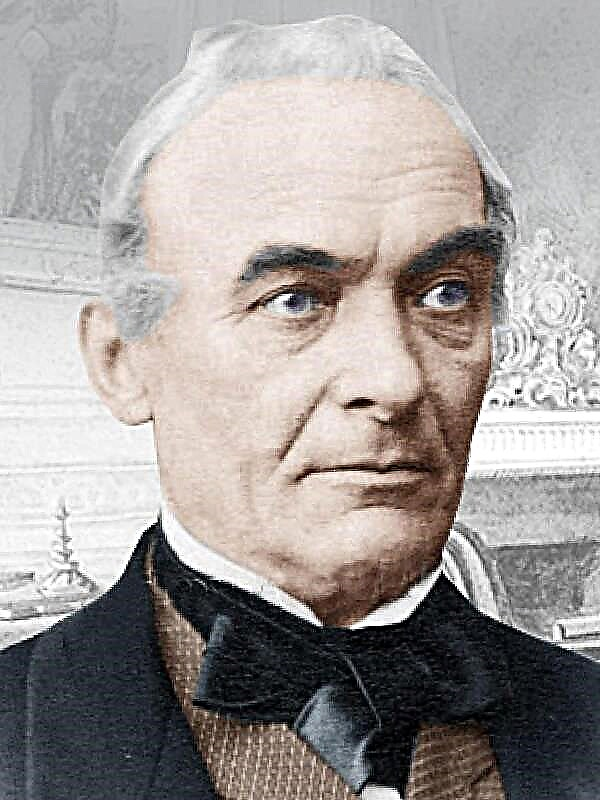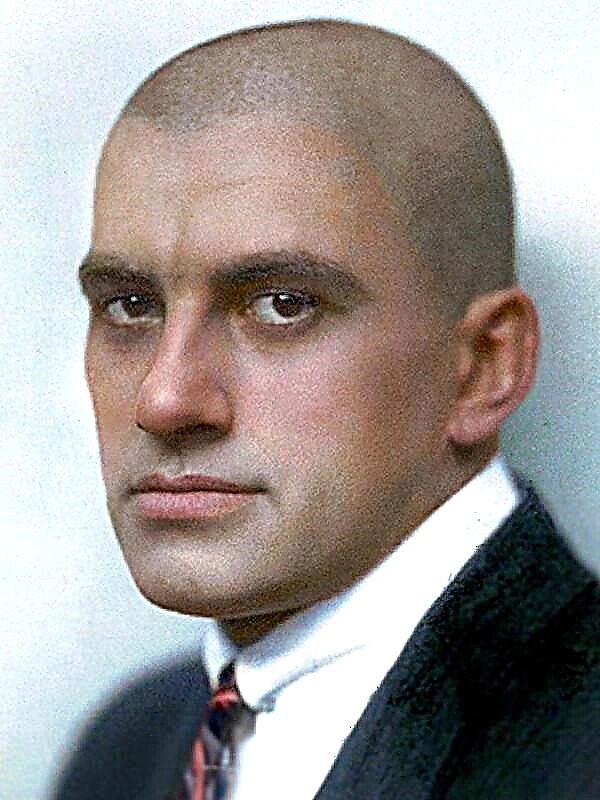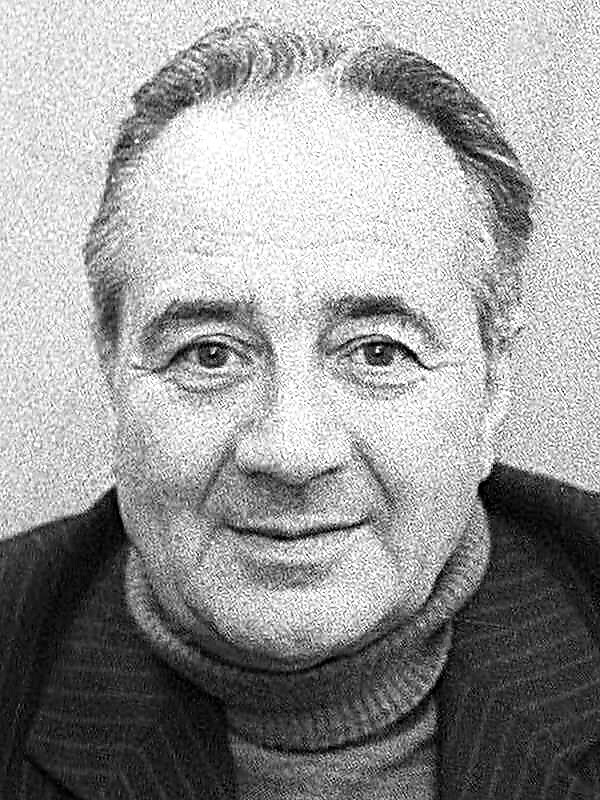(324 words) When you come to St. Petersburg, it’s hard not to feel the full power of the country's greatness, and the literary atmosphere reigns in the very center of the city. Indeed, great classics were walking along the same lanes! Therefore, in order to better know North Palmyra and all its skeletons in a closet, it is worth going after the writers and turning to the image of the city in their works.
Petersburg is associated with solemnity and power, and, most often, with its typical inhabitants: strict and secretive, but always unhappy for some reason. Indeed, it is here that Gogol’s “Nose” escapes, and the artists described in the Petersburg Stories lose their minds. However, only from here follows retaliation and justice in the person of the auditor in the play of the same author by the same author. It is in this city that Pushkin allows Eugene from the story “The Bronze Horseman” to say goodbye to reason at the sight of the monument to Peter the Great, even though at the beginning of the work the author confesses his love to “Peter's creation”. Of course, the image of St. Petersburg in Pushkin’s work is not revealed in one of his works. Eugene Onegin lived his life there, bored and disappointed in people. Moving a little away from the heroes of Alexander Sergeyevich, we note that Oblomov, the hero of Goncharov, is also not eager to conquer the peaks, living in a beautiful city. Thus, the capital did not inspire with its grandeur, but rather suppressed the inhabitants, but at the same time it was a symbol of power and wealth for the whole country.
And whoever takes Petersburg to full-fledged heroes is Dostoevsky. Remember the dirty yellow city in which Raskolnikov lives. Many are used to the fact that the cultural capital literally poses, it is so beautiful! However, on these festively dressed streets, the hero decides to kill, because of which his life turns into a continuous nightmare. You can walk along the route of Rodion Raskolnikov, and, fully concentrating on the path, we will feel his condition, as if an ax was hiding in our bags.
Petersburg in Russian literature is completely versatile: it can be frightening, beautiful, and great. It can combine such sad romantic stories, as in Dostoevsky’s White Nights, and funny moments, like in Weller’s Legends of Nevsky Prospect. This image is revealed in different ways, and in many books this city is a separate character, which not every “scene” manages to achieve.

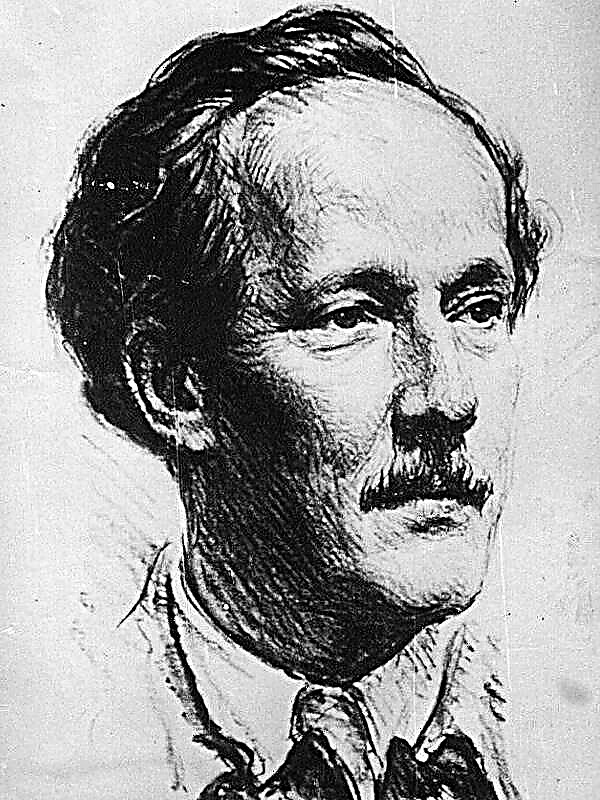
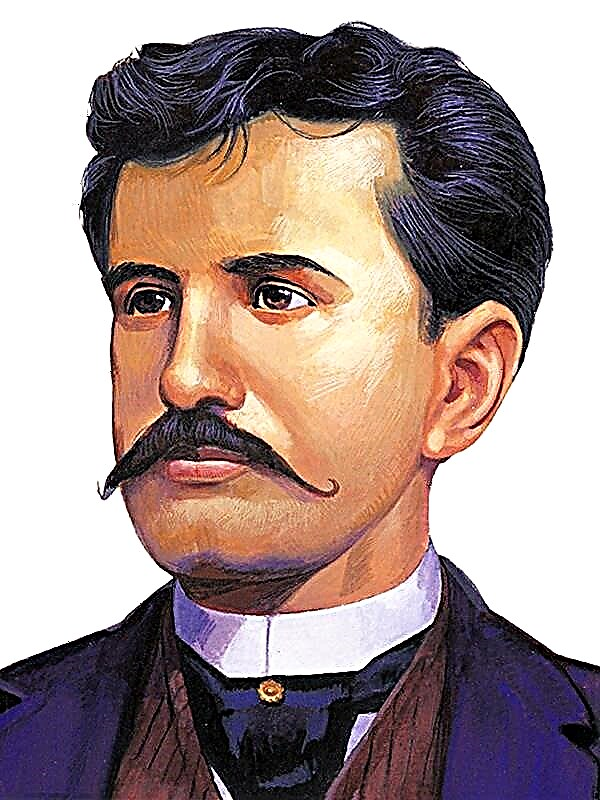
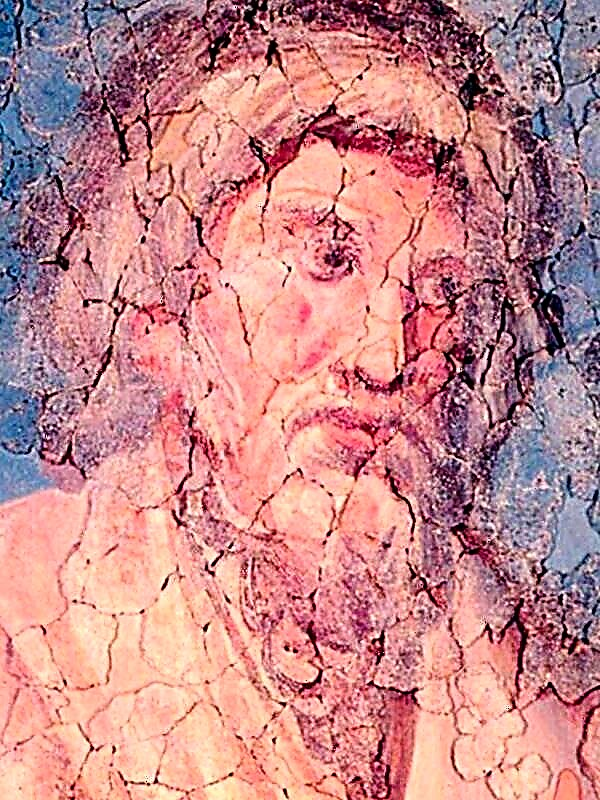 Metamorphoses
Metamorphoses